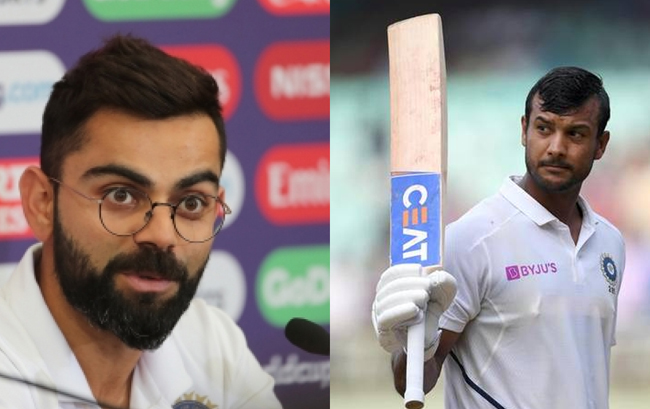New Delhi, Sep 12: Rio Olympics medal winners P V Sindhu and Sakshi Malikreceived only 1.66 per cent, for their preparation for the international sporting event, of the Rs 36.85 crore spent by the government on the 117 Olympians who took part under the Target Olympic Podium Scheme (TOPS) launched last year, reported the Indian Express on Monday.
 Under TOPS, the government spent Rs 61.13 lakh on Sindhu and Malik, the report added.
Under TOPS, the government spent Rs 61.13 lakh on Sindhu and Malik, the report added.
Where did most of the funds go?
Citing data compiled on August 22, the national daily said that in some cases, a significant chunk of the funds was spent on athletes who turned out to be prominent under-performers. The report gave the example of the women’s relay squad, on which Rs 2.94 crore were spent, which finished seventh in their heats and did not qualify for the semi-finals.
Shooting, the country's most successful Olympic discipline in the last three games, received nearly half of the overall amount, the report said, putting the figure at Rs 15.39 crore.
The government spent that amount on the 12 shooters who went to Rio, according to the report, and 10 of them got more than Rs 1 crore each. India's medal-prospect in the discipline, Abhinav Bindra, received the highest amount among individual athletes at Rs 2.37 crore.
The report added that the second highest expenditure, according to the data, was incurred on athletics, with Rs 7.80 crore being spent on 30 out of the 36 athletes who qualified.
According to the report, of the total amount under TOPS, Rs 6.36 crore was spent on disciplines – badminton (Rs 3.84 crore) and wrestling (Rs 2.52 crore) – that did net India medals. The report added that Rs 45.27 lakh went to badminton silver medal-winner Sindhu and Rs 15.86 lakh to wrestling bronze medal-winner Sakshi.
However, in terms of return on investment, TOPS mostly missed out, with Rs 30.49 crore (out of the total of Rs 36.85 crore) being spent on disciplines which did not net India any medals, the report said. The report cited the example of discus thrower Vikas Gowda. Gowda, who the sportsministry saw as a medal-prospect, received Rs 1.02 crore but he finished 28th in his event.
What is TOPS?
Launched in March 2015, TOPS is a top-up funding scheme which is meant to fulfil the direct needs of Olympic athletes, including amount spent on personal coaches and support staff, travel and accommodation expenses during competitions and training, and equipment expenses.
According to the report, TOPS is over and above the central budget, which stands at Rs 750 crore for the period beginning from the start of 2012 to December 31, 2015, according to the previoussports minister Sarbananda Sonowal.
Did we spend enough?
India's expenditure on this account appears to fall short when compared to many other participating nations.
According to the report, in comparison to Great Britain, which spent $350 million on all its Rio-bound athletes, and Australia, which spent $332 million in the period between the 2012 London and 2016 Rio Olympics, India spent approximately $5.5 million under TOPS in the run-up to the Olympics.
Speaking to the national daily, Sports Minister Vijay Goel said: “If we want to broad-base our sport, we need more budget to provide infrastructure, training and coaches for our athletes. So definitely, we need a bigger budget.”







Comments
Add new comment